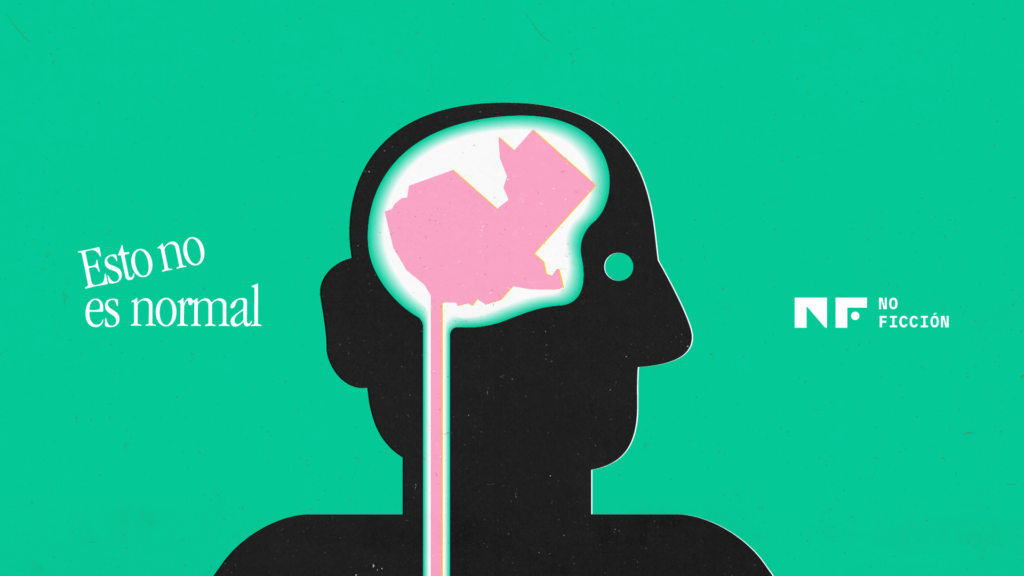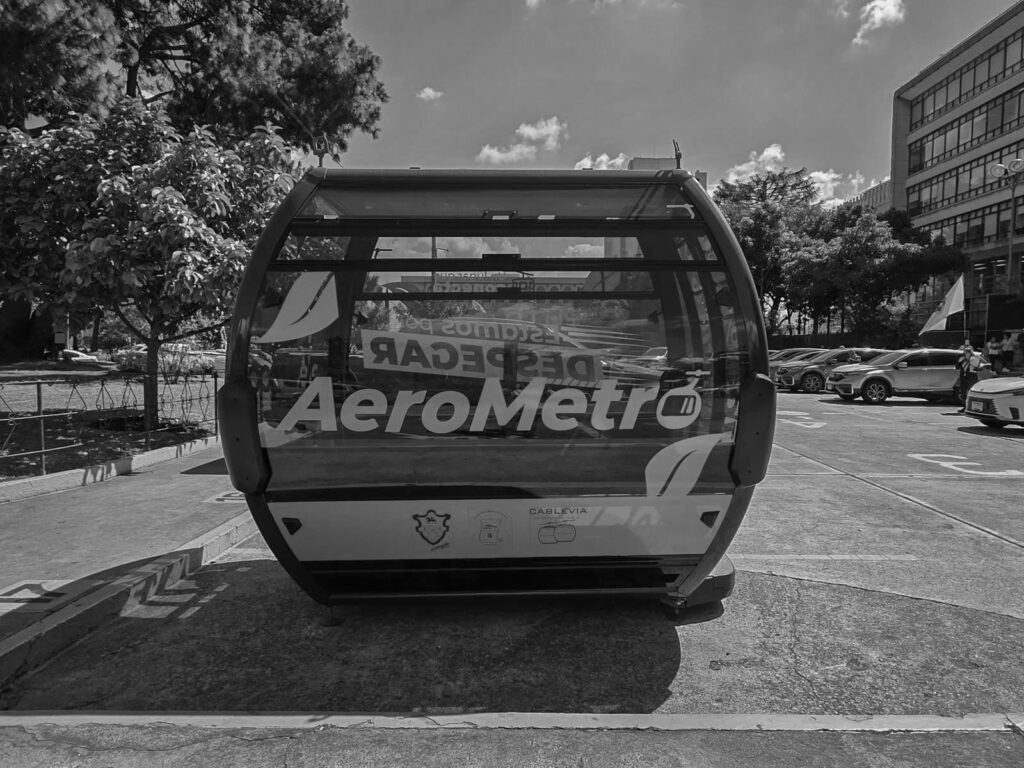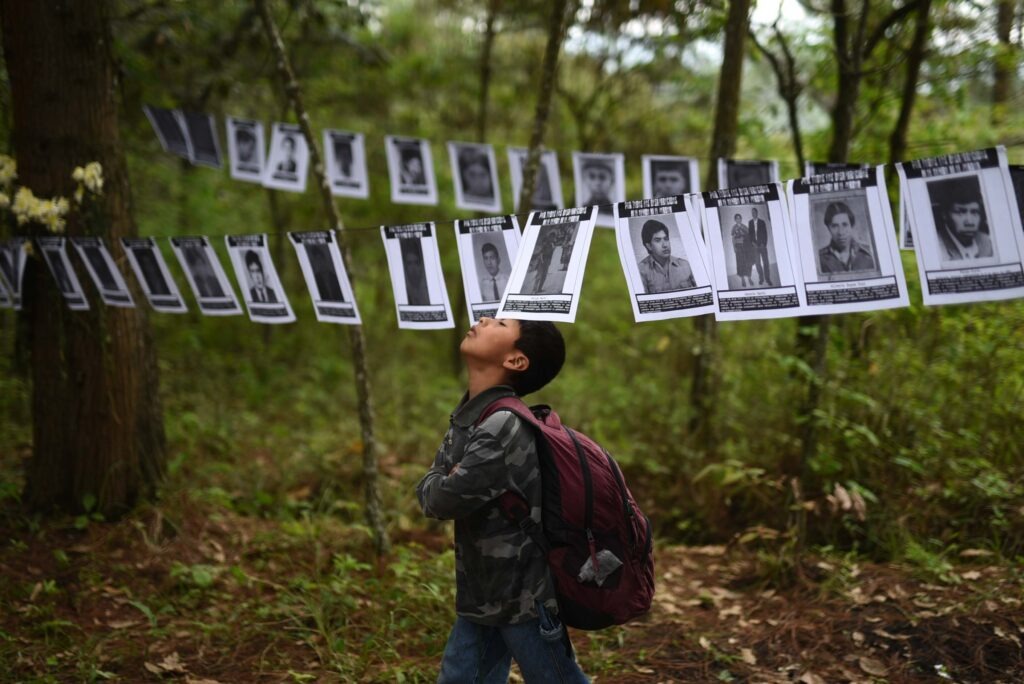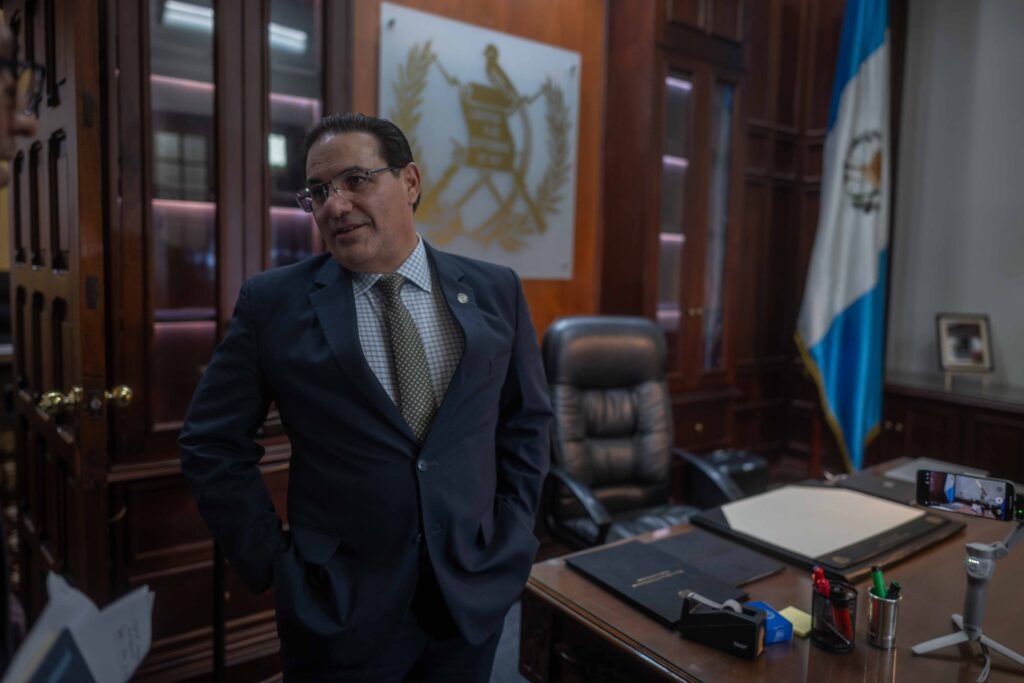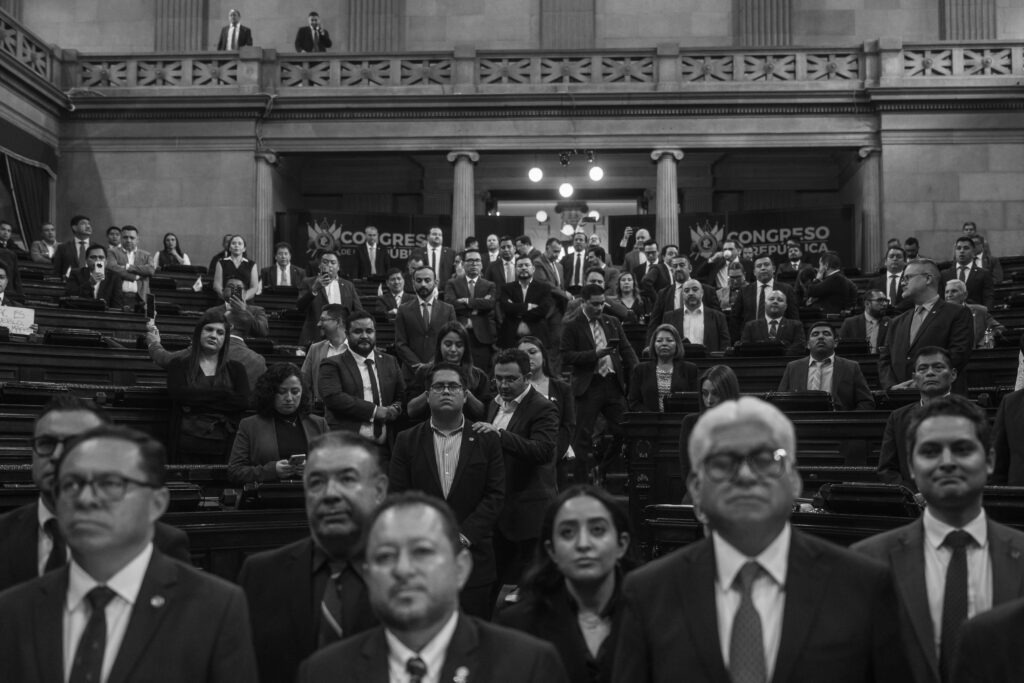From 1986 to 2018, the institutions in charge of sports administration from the public sector have received more than Q11.86 million quetzales (US$1.54 million). From them, Q1.29 million quetzales (US$167.235) have gone directly to the Guatemalan Olympic Committee. However, Guatemala has not gotten more than one medal in the Olympics.
The rise of the democratic era to Guatemala meant a series of changes in the national political work. Aspects of the institutional, economic and financial would be attached to meaningful amendments.
One of these amendments will be seen in the sports administrated by the State, because from that moment, it would not be specific tax dependent for its performance, rather, it would get, according to Article 91 from the Magna Carta, three percent from the budget of State´s ordinary income.
This amendment is similar to the one that other public institutions enjoy like the Universidad de San Carlos de Guatemala (St. Carlos University of Guatemala) and Guatemala´s Constitutional Court; the amount that should be allocated equally between the federated and non-federated sports.
However, three percent would not be complete, at least not from the beginning. In Guatemala, the illiteracy rates represented are 52 percent, according to the National Anti-Illiteracy Committee´s (CONALFA, Spanish acronym) estimations in 1986, when the National Constituent Assembly issued the maximum law and it would be necessary to have enough resources to reverse those conditions.
In that sense, the Assembly legislated that, the literacy programs would also have an amount from the ordinary income budget. One percent established the constituent parts, but, these resources will come from the sports allocations for three years.
In 1989, the first management of the era of democracy was in an alarming situation. The inflation level was 20 percent regarding to previous year; and, the overview was not encouraging for the following year.
This was the statement used by Congress, entity in charge of approving the General Budget for Income and Expenditure of the State, to decide that previous year´s budget would be the same in 1990. Whereby, the temporary allocation for literacy, subtracted from sports was extended for more than a year.

The Constitutional contribution to sport rises every year, in the same way as a weightlifting athlete rises more and more weight. PHOTO: Luis Soto
Budgetary allocations evolution
Despite this situation that affected sports, as any other sector in public administration, sports had a positive financial year. The transitional period in which a third part of its allocation was used to teach literate Guatemalans how to read and write was expired, and; the General Sports Law was issued by Decree 75-89.
In the law, specific regulations were established for entities in charge of physical education and federated and non-federated sports. In the law, the Guatemalan Autonomous Sports Confederation (CDAG Spanish acronym) and the Guatemalan Olympic Committee (COG Spanish acronym) were established as the entities in charge of federated sports.
The non-federated sports and physical education were responsibility of two ministers: The Minister of Education by the Directorate-General of Physical Education (DIGEF Spanish acronym) and the Minister of Culture and Sports by the Vice-minister of Sports.
However, the law was effective just for eight years. In 1997, during the government of Álvaro Arzú Irigoyen, the Congress of the Republic issued the National Law for Development of Sports and Physical Training, Decree 76-97, with this, the former law was repealed.
Its objective was to enforce the sports entities autonomy, at least those that belong to federated sports, because physical education and non-federated sports are under two dependencies from the Executive Branch.
The relationship between investment and achievement
From then on, they established that of one half of three percent corresponding to federated sports, 80 percent would go to CDAG and the remaining 20 percent would go to COG.
The law doesn´t specify how the percentage is allocated between the ministers´ dependencies from the Executive Branch bound to sports.
Since then, the Guatemalan Autonomous Sports Confederation has received four and half billion quetzales (US$583,379,978). The Ministry of Education and the Ministry of Culture and Sports have received more than five billion, six hundred million (US$ 725,983,972). COG, despite it being the one that receives the lowest amount from these resources, exceeded one billion quetzales (US$ 129.639.995) in allocations during the last 32 years.
Since then, Guatemala has participated in eight Olympic games, from Seoul, 1988 to Rio de Janeiro, 2016. Eric Barrondo was the first athlete in among Guatemalan representatives to win a medal in the 2012 London Olympic Games, after getting to the finish line in second place, in 20 kilometers (12 miles) Olympic Walk; there has not been another medal for Guatemala.
José Ángel Golón Paredes, external advisor from the Guatemalan Olympic Committee, and staff ex-employee on the same entity, clarifies that Guatemala has had important awards in other kinds of events, especially in individual sports. In the last Central American and Caribbean Games, held in Managua in 2017, Guatemala obtained 10 medals, including two gold.
However, it may appear contradictory that after more than Q1 billion quetzales (US$129.639.995.123) invested in Olympic sports and five more times if we add all of the federated sports together, Guatemala owns just one silver medal.
Golón, who wrote his academic thesis for his bachelor’s degree about the allocations in Sports that Guatemala receives, states that the certainty that the resources will be assigned, has taken the managers these federated sports institutions to feel accommodated that has prevailed for decades.

The advisor adds that, from 206 countries with National Olympic Committees, Guatemala is the only one with a governmental allocation assigned as a constitutional item.
In the other countries, these institutions work with resources assigned by the International Olympic Committee (IOC) and sponsorship. COG also has this financing. However, Golón says there would be more efforts centered to raise funds from the private entrepreneurship.
When evaluating the 2018 accounting from COG, it shows that the constitutional contribution represents 92.16 percent of its budget; while the remainder corresponds to their own income and external donations.
For CDAG, its budget for this year is Q421.6 million quetzales (US$54.6 million) and, 87.5 percent from it, comes from the allocation established in the Magna Carta.
However, there are other types of competitions of this kind at regional level. Besides the Olympic Games, Guatemala participates in the Pan-American Games, the Central American and Caribbean Games, and the Central American Games; in those, has won the first place in the medal rankings in four of 10 participations.
Guatemala´s participation in the Central American and Caribbean Games was in the event first-edition in 1926. In this time, just Mexico, Cuba and Guatemala were participating, and, Guatemala was in third place after it had gotten only three bronze medals.
In the Pan-American Games, 2018, Guatemala was in the sixth place from 37 participating countries with 125 medals total.
Budget for the Institutions
Besides the resources assigned to the ordinary income budget per year, the institutions in charge of federated sports have another source of funding as their own income, external donations and cash and banks shortfall. However, these line items represent the minority of contributions.
No-ficción tried to communicate with the managers of both institutions. However, they didn´t reply to the interview request sent to their offices.
Process to establish the assignment
Talking about three percent of the budget makes no reference to the General State Budget Ordinary Income in total. Article 91 from Constitution specifies the sum for ordinary income; in other words, the income budget rises every year, after subtracting the extraordinary taxes account.
Even if Congress is in charge of it, these regulations are established from the Executive Branch, and make them through the Technical Budget Commission by the Minister of the Department of Treasury (Minfin Spanish acronym). As Luis Fernando Montenegro explains, Congressman for Encuentro por Guatemala (a political party), who had taken part in the Department of Treasury and Currency Commission in the Legislative Branch.
The Congressman argues that, generally, the workroom does not take action on the budget lines items’ wording, and; almost all the time, the established sums are respected by the Department, because they reply to the established in the Constitution.
However, the established resources on the budget´s project that the congressmen must approve, are not in the State´s hands yet; because the budgetary ceilings are written according to the fundraising goals and the State´s income forecasts.
The budget extensions don´t affect the assignments to these entities, because the extensions tend to be financed by domestic and external borrowing from the State.
Congressman Carlos Barreda, from Unidad Nacional de la Esperanza (UNE, Spanish acronym) (political party), former Commission member and former Minister of the Department of Treasury during the government of Álvaro Colom, says that, even though the fundraising goal is overrun, the entities that receive money through constitutional term rarely take an extension based on extra taxation.
In these cases, the amount that is greater than the fundraising goals takes part in the State’s common fund and financing for the next year´s budget.
Either way, this money saved will take part in the ordinary income from the next budget, and one of its mandatory uses will be refinancing the four entities that administrate the sports public image, waiting for better results in the future. The results, after eight Olympic cycles since the budget allocation, have as its greatest exponent, the silver medal won by Erick Barrondo in Olympic Walk in the Olympic Games in London 2012.


